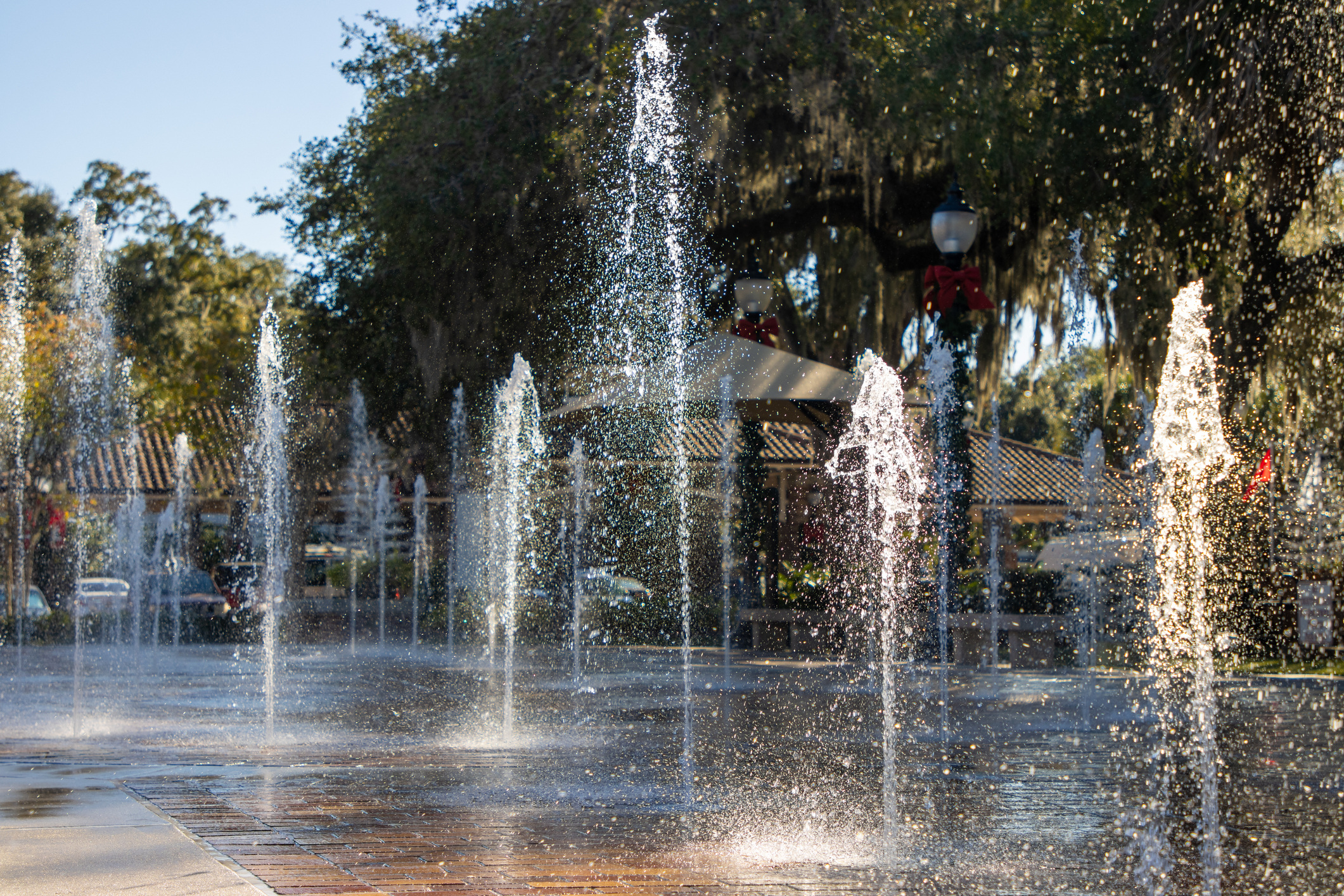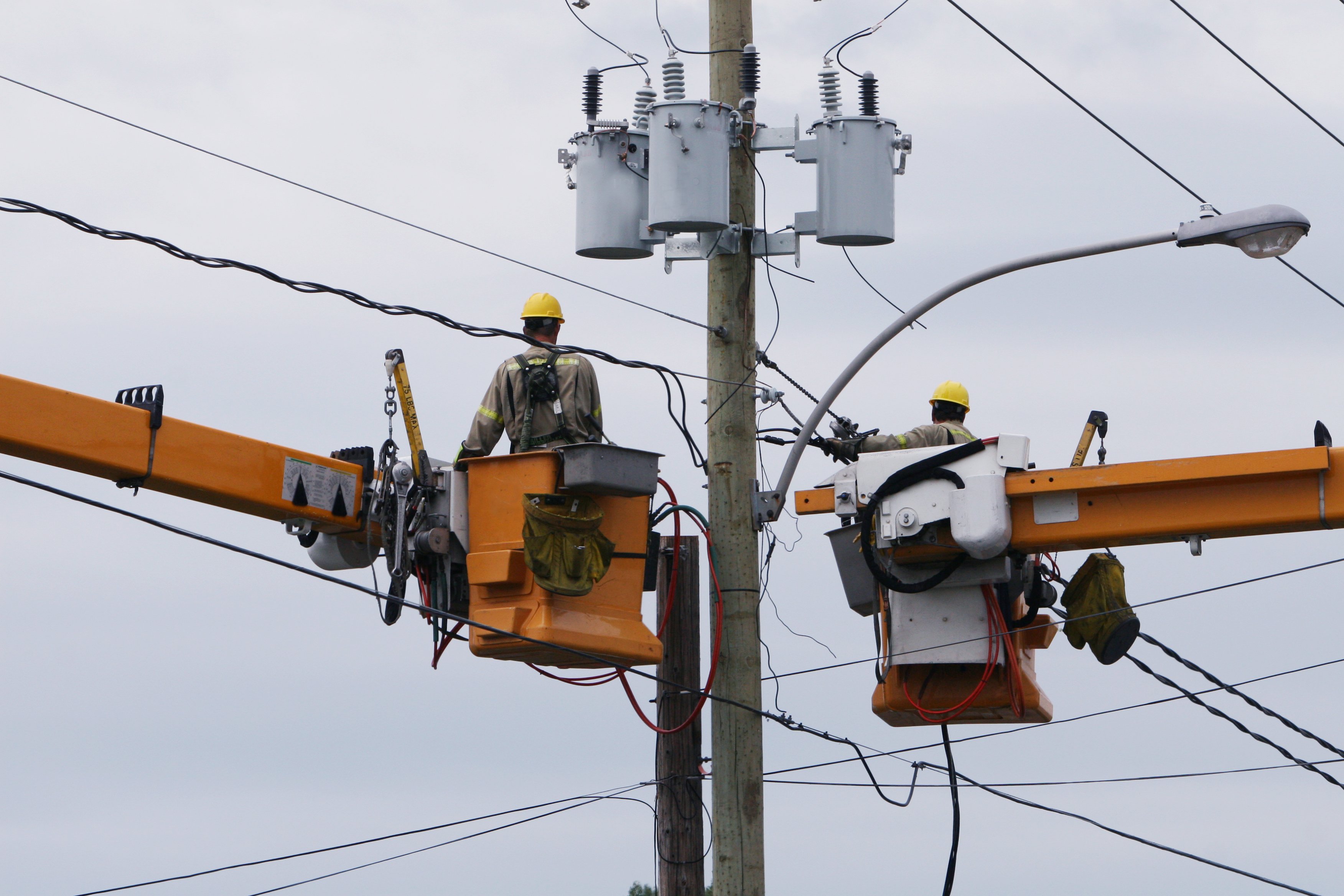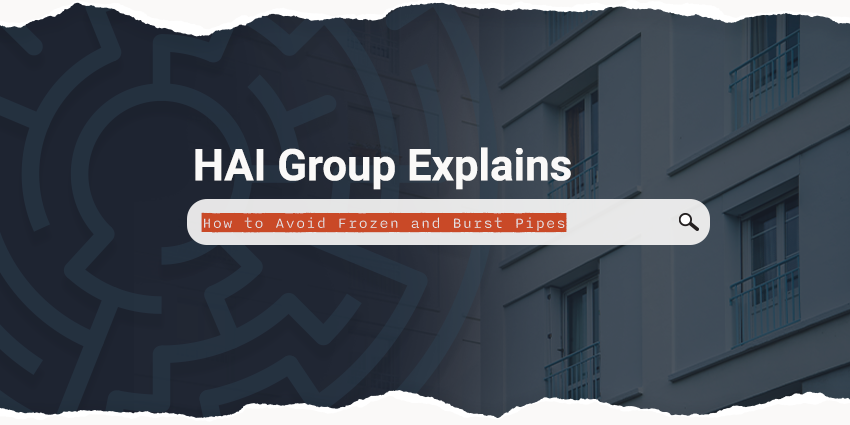Recreational water facilities—also known as splash parks, splash pads, spray grounds, wet decks, or spray parks—have gained popularity over the last decade. They’re interactive, non-natural recreational areas where water is sprayed, splashed, or poured onto visitors. Water drains immediately out of the play area instead of accumulating. There’s no doubt these recreational areas provide plenty of fun in the sun, but they also present unique hazards for residents and guests. Check out our tips below, and get in touch with a member of our Risk Control and Consulting team if you have any questions.
Check your state and local regulations

While laws vary by state and municipality, in most cases, recreational water facilities are considered a special use and require various approvals before, during, and after construction. Take Ohio, for example—design plans must be submitted to the state’s health department before construction. The site must be approved and inspected during and after construction. Once the state signs off, local health department officials issue a license (if no problems are identified), allowing the facility to open.
Again, this varies by state, so check with state and local officials before breaking ground. Bottom line: recreational water facilities should be restricted to areas constructed, operated, maintained, and supervised by organizations with the appropriate approvals and credentials.
Stay on top of maintenance

Given the presence of water, recreational water facilities have the potential for contamination and the spread of recreational water illnesses (RWIs), which are caused by germs and chemicals found in the water we swim in, according to the U.S. Centers for Disease Control and Prevention (CDC). RWIs are spread by swallowing, breathing in mists or aerosols, or having contact with contaminated water in swimming pools, hot tubs, waterparks, water play areas, interactive fountains, lakes, rivers, or oceans.
-
Maintain the water chemistry in a manner that prevents the potential for the spread of RWIs.
-
For recirculated water systems, check chlorine levels several times a day, backwash filters regularly, and verify circulation and turnover rates are in compliance with health codes. Clean play areas to maintain traction and help prevent slip and fall injuries. Disinfect with bleach on a regular basis; make sure to wipe down water features. If the play area is unguarded or unfenced, look out for pets, debris, and other items that may enter the area.
-
In the case of contamination, drain the play area and recirculation system. Perform multiple cleaning cycles—bacterial strains such as E. coli are extremely resistant. Disinfect the entire play area and any equipment according to the CDC’s “Fecal Incident Response Recommendations for Pool Staff” and ensure proper operation of the play area before reopening.
-
Post monitoring and maintenance procedures for the maintenance staff. This may include when and how to test the water, any corrective actions taken due to unsanitary conditions, and a cleaning schedule for the holding tanks and play area.
-
Maintain the recreational water facility in a clean and sanitary state.
-
Respond appropriately to adverse incidents that may affect the health of users.
-
Enclose or fence part or all of the recreational water facility to prohibit unauthorized access and help prevent wandering children from escaping the area.
-
Be equipped with appropriate safety and emergency equipment to respond to the hazards associated with the use of the facility. This may include first-aid supplies, an emergency telephone, drinking/bottled water, and blankets.
-
Maintain procedures and train facility staff in responding to emergency incidents, including water pollution.
Perform daily pre-opening and closing inspections

Maintain a log and keep records of your daily checks.
-
Add fresh water, filter, and disinfect water daily.
-
Report accidents, incidents, and emergencies.
-
Record breakdown of equipment and repairs.
-
Check that all grating and drain covers are securely fastened to all pipelines and fittings that terminate in the play area.
-
Ensure the play area is clean and free from obstacles such as broken bottles, garbage, rocks, bird feces, grass cuttings, etc.
-
Clear all surfaces of any mold, moss, or algae as this can cause a slippery surface.
-
Ensure water chemistry is adequate and treatment and recirculation equipment is operational and maintained.
-
Install and test ground fault interrupters where necessary.
Create and post safety rules

Develop and post rules to provide clear expectations and guidelines on the proper use of your facility. Posted rules are
also easier to enforce. The following are suggested rules to include along with any custom rules:
-
Require that children be supervised at all times.
-
Prohibit running, tripping, or rough play.
-
Post signs with safety rules and regulations in the play area. Rules should clearly identify the hours of operation, designated age groups, supervision requirements, and general safety considerations specific to your agency.
-
Refrain residents and guests from using the play area if they have an open sore or rash or are experiencing nausea, vomiting, or diarrhea.
-
Prohibit the use of the play area during an electrical storm or when thunder can be heard, even if it is not raining. It does not have to be raining for lightning to strike.
-
Clear the area when conditions for thunder or lightning are possible.
-
Require swim diapers for children under four years old.
-
Ask residents and guests to use a chemical-free sunscreen and re-apply often.
-
Ask residents and guests to wash hands after using the toilet or changing diapers.
-
Prohibit the swallowing of water from the play area, as it is not intended for drinking.
-
Prohibit the use of glass containers, food, and beverages in and around the play area.
-
Prohibit animals and pet access in the play area.
-
Prevent pollution of water in and around the play area.
Contact our Risk Control and Consulting team for more resources and answers to your housing organization’s risk-related questions.
Interested in learning more about the coverage solutions we offer? Connect with a member of our Account Services team.
This article is for general information only. HAI Group® makes no representation or warranty about the accuracy or applicability of this information for any particular use or circumstance. Your use of this information is at your own discretion and risk. HAI Group® and any author or contributor identified herein assume no responsibility for your use of this information. You should consult with your attorney or subject matter advisor before adopting any risk management strategy or policy.
HAI Group® is a marketing name used to refer to insurers, a producer, and related service providers affiliated through a common mission, management, and governance. Property-casualty insurance and related services are written or provided by Housing Authority Property Insurance, A Mutual Company; Housing Enterprise Insurance Company, Inc.; Housing Specialty Insurance Company, Inc.; Housing Investment Group, Inc.; and Housing Insurance Services (DBA Housing Insurance Agency Services in NY and MI).





.png)

